Spoofed phone calls originate from one source that's disguising its phone number as a different one, and you probably get these calls all the time. Maybe they're numbers from your local area code or for prominent businesses, but the callers are just hijacking those digits to fool you into picking up. Turns out, making a spoofed call is something anybody can do — even you.
Now, caller ID spoofing isn't as illegal as you think it would be, so there's a good chance you can spoof a phone number when calling someone and not get in trouble. Some states, like Arkansas, prohibit all spoofed calls except when used for law enforcement or public safety. Other states have no specific laws governing caller ID spoofing.
On the federal level, the FCC's Truth in Caller ID Act rules "prohibit anyone from transmitting misleading or inaccurate caller ID information with the intent to defraud, cause harm or wrongly obtain anything of value." So if you're up to no good, you might want to think twice about attempting to spoof someone else's digits.
Jump to a Section:Why Use Caller ID Spoofing? | Use a Phone Spoofing Service | Set Up a SpoofCard Account | Spoof a Phone Number | Go Straight to Voicemail with Your Spoofed Number | Other Things You Can Do
Why Use Caller ID Spoofing?
Now that we've gotten that little warning out of the way, there are plenty of legitimate reasons why someone would want to spoof a number. Here are just a few examples:
Law enforcement can spoof numbers during investigations so they don't give themselves away. Spoofed numbers also help protect your real phone number and prevent the people you're calling from calling you back, so it acts as a sort of privacy tool to shield yourself from callbacks and harassment. Pranks are one of the more fun reasons to spoof a phone number.
[S]poofing is not always illegal. There are legitimate, legal uses for spoofing, like when a doctor calls a patient from her personal mobile phone and displays the office number rather than the personal phone number or a business displays its toll-free call-back number.
On the flip side, there are plenty of illegitimate uses for caller ID spoofing. Spammers and robocalls use them religiously to trick you into picking up so they can defraud you or try to social engineer themselves into your accounts. Neighbor spoofing, where the caller picks a number in your local area code, is used more and more by these types of assailants.
Malicious actors can also take advantage of unprotected voicemail accounts. If a dial-in voicemail account has no PIN protection, all it takes to open and listen to the voicemails is a call from the account owner's phone number, and that can be spoofed so others can hear those recordings.
An even more significant threat is using caller ID spoofing to facilitate SIM swapping fraud, where they convince the phone provider that they are you and need to port your number over to their SIM card. If successful, your number would be disconnected, and they would get all your calls and texts, which is useful when attempting to hack into accounts that use two-factor authentication, like SMS text codes.
Of course, we hope you're sticking with one of the more legitimate uses for this.
Use a Phone Spoofing Service
There are services that help you pretend to be another caller, and most of them cost money. Some like SpoofCard — the one we'll be using in this guide — have trial credits so you can test the service first. If you find out you like what it has to offer, credits, which are per minute, are pretty affordable.
When signing up for SpoofCard, you must provide your real phone number, agree to their terms, and create a PIN code. Then, you'll get five free credits to test out all the tools it includes.
You can start an account and make calls from SpoofCard's website, but we'll be using its mobile app, which is easier. There's a mobile app for iOS and Android, and both are pretty much the same in terms of functionality.
Set Up a SpoofCard Account
When you first open the app, you'll see a splash screen showing all the tools it offers, including caller ID spoofing, adding background noise, changing your voice, and recording calls. That last one is another legal concern you should look into for your state's specific laws.
Federal law says that it's OK to record someone or a group of people without their knowledge as long as you're a part of the conversation and have no criminal or tortious intent. If you're not, you need just one group member to give you permission. Washington, D.C. and 38 states have similar laws.
However, 12 states require consent from all parties involved. Those states are California, Connecticut, Florida, Illinois, Maryland, Massachusetts, Michigan, Montana, Nevada, New Hampshire, Pennsylvania, and Washington.
Tap on "Get Free Credits" or "Sign Up" to begin the signup process. You'll need to enter your real phone number, create a four or six-digit PIN, and agree to its terms. You'll also need to enter your email address or sign in with your Apple ID (iOS only) or Facebook account.




After that, you may get some prompts to activate notifications or connect your contacts, and you can allow or deny those as you see fit.
Spoof a Phone Number
Whatever spoofed phone number you end up going with, the process is the same. In our example, we're using the phone number for a fictitious trip-planning company used by many major corporations, and that's 1-888-555-0147.
Since many business people use this trip-planning company, there's a good chance the person you're calling already has the number in their contacts. It could also just be in their emails, which your iPhone or Android might try to associate with it automatically. It could also be in a public directory that the caller ID tries to use. So while it may look like 1-888-555-0147 to us, it could look like the company's name to them.
In the "Number to Display" field, input the number you will masquerade as, then hit "Done." (Don't ask me why the national flag of Antigua and Barbuda is showing up next to a toll-free number in the images below — I have no clue.) If you don't have any number in mind, you can tap the dice icon to pick a number at random.




Then enter the number you're calling into "Number to Call" and hit "Done."




Now all you have to do is hit "Call." The person you're calling will see the spoofed phone number on their caller ID — perhaps even the name of the company or person associated with the number — and they'll likely answer if it doesn't look suspicious.
In my trip-planning company example, I could tell the person travel details for a trip that's coming up, and I could really screw with their schedule. But you could also just use the number to get your foot in the door to talk about whatever else you need to talk about.
Go Straight to Voicemail with Your Spoofed Number
If you don't want to interact with the person you're calling, you can do the same thing as above, but before hitting "Call," tap the "Straight to Voicemail" button. Instead of charging by the minute, it only takes up one credit.
- Don't Miss: 100+ Secret Dialer Codes for Your iPhone
In my trip-planning company example again, I could inject a voicemail directly into the person's phone, where they could listen to or read a transcription of whatever I say. Their phone won't ring and will act as a missed call, but the voicemail will definitely get through.
If I wanted to play an evil prank on them, I could inject a voicemail that might suggest something was wrong with their upcoming trip, such as a cancelation, security issue, or flight delay.

Other Things You Can Do
As you can see from the screenshots, there are other things you can do with SpoofCard. You can record a call (one credit), add background noise such as screams, sirens, dogs, airports, traffic, and crowds (free), and use the voice changer to make your voice sound male or female (also free). That last one may only work when you choose a verified number to display since it's disabled when using a dynamic number.
If your phone supports Wi-Fi calling, you can also enable that in the "Settings" tab. The "Call" button would change to "Call With LTE."






Whenever you make a spoofed call, the person you're calling won't be able to call you back, but they will be able to reach the phone number you mimicked. So keep that in mind.
You can also use the "Text" tab to send text messages from a spoofed number. And the "Credits" tab will show you your credits and let you buy more. On both iPhone and Android, it's $4.99 for 25 credits, $9.99 for 45, $19.99 for 100, $29.99 for 160, and $49.99 for 280.
Just remember: whatever you use caller ID spoofing for, check your state and local laws to make sure you're not doing anything illegal or something that could get you into trouble.
Cover photo and screenshots by Justin Meyers/Gadget Hacks




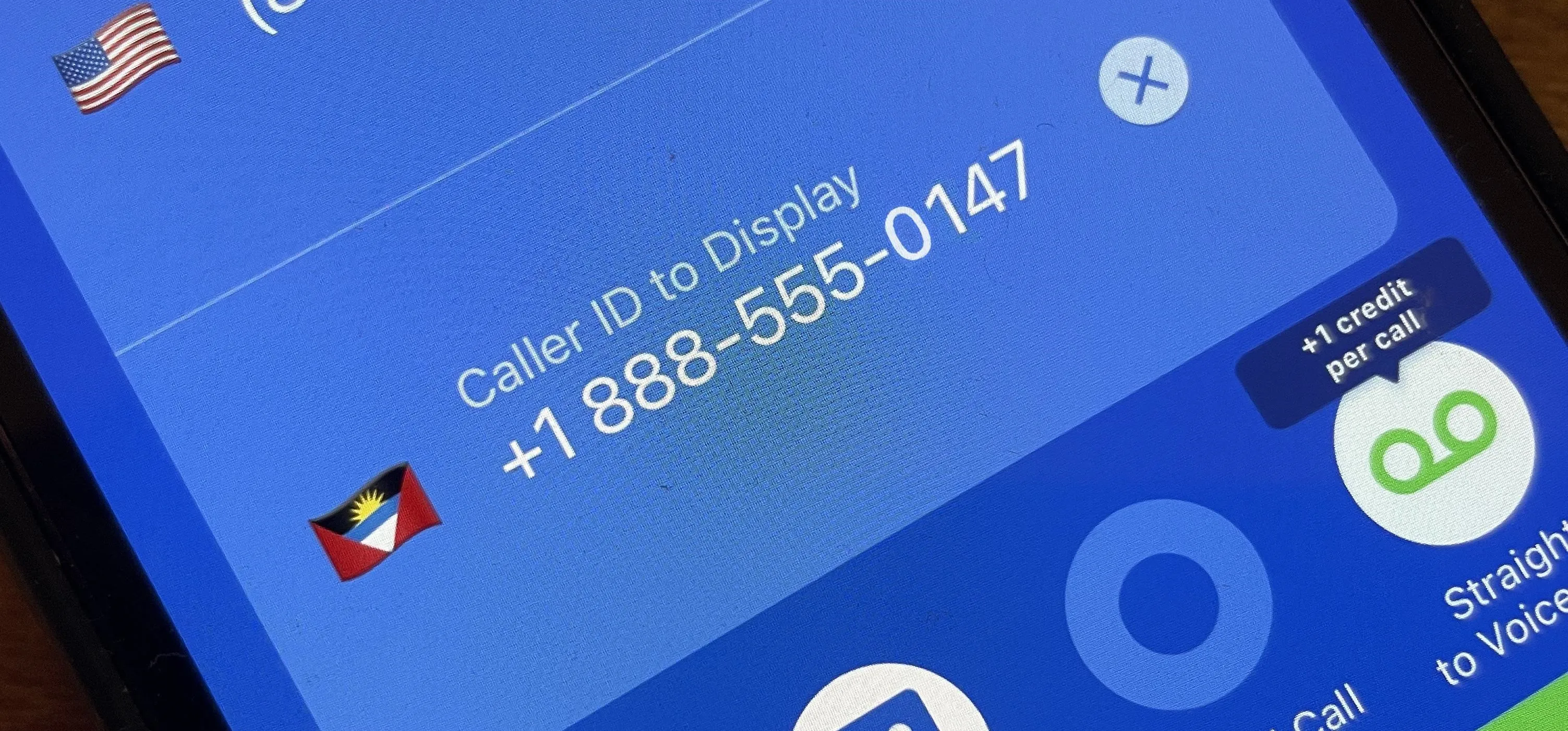














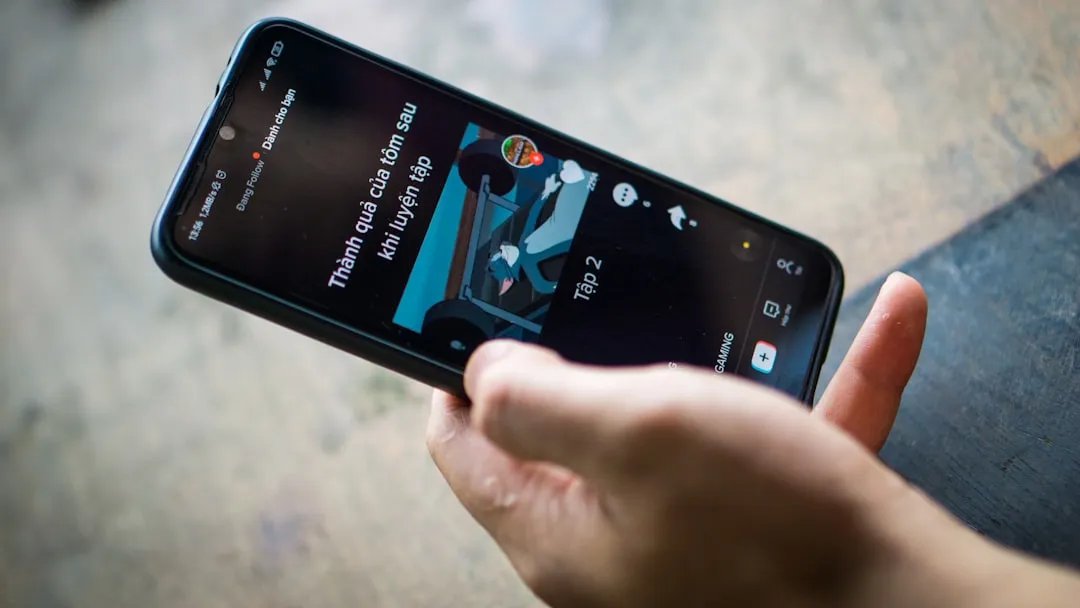
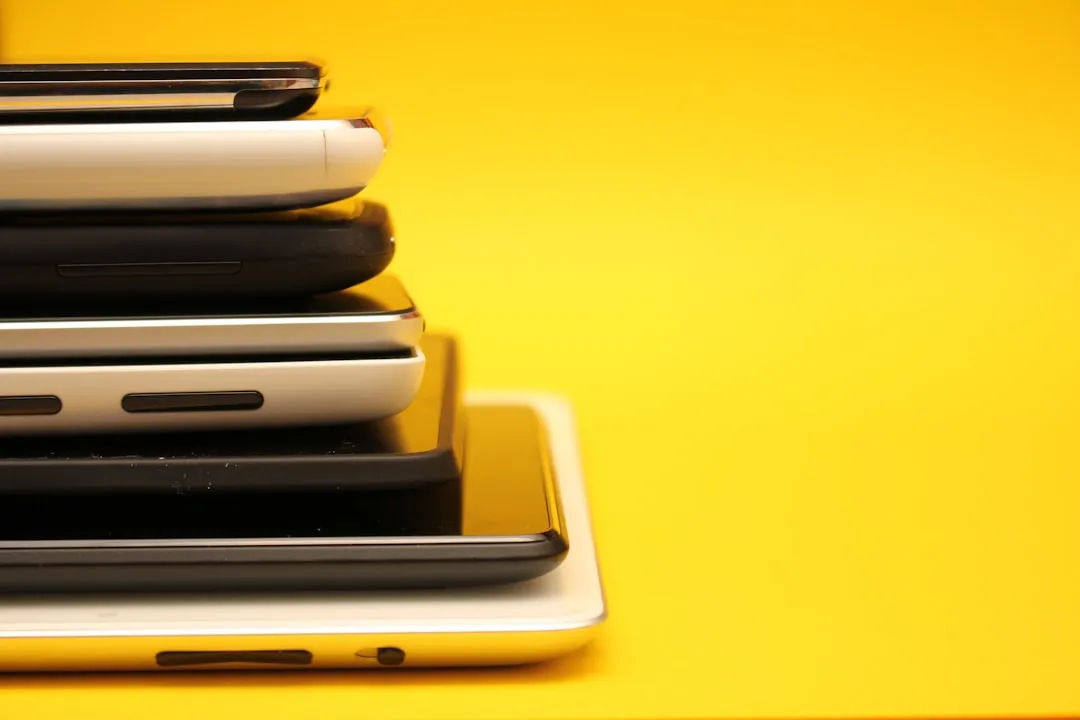

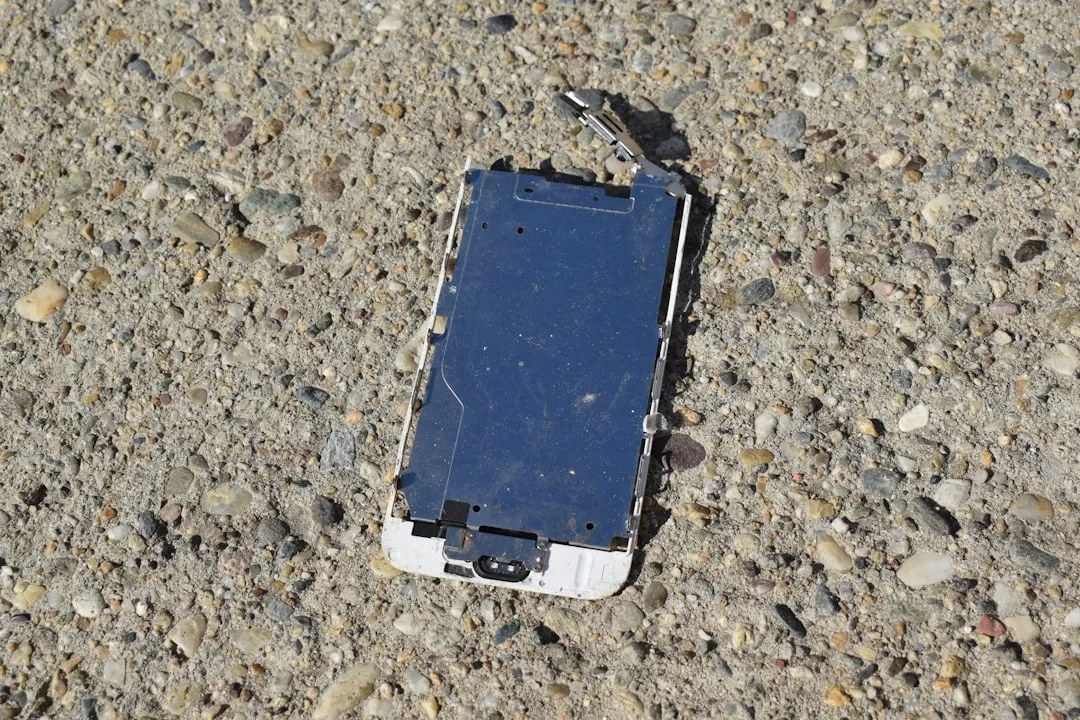
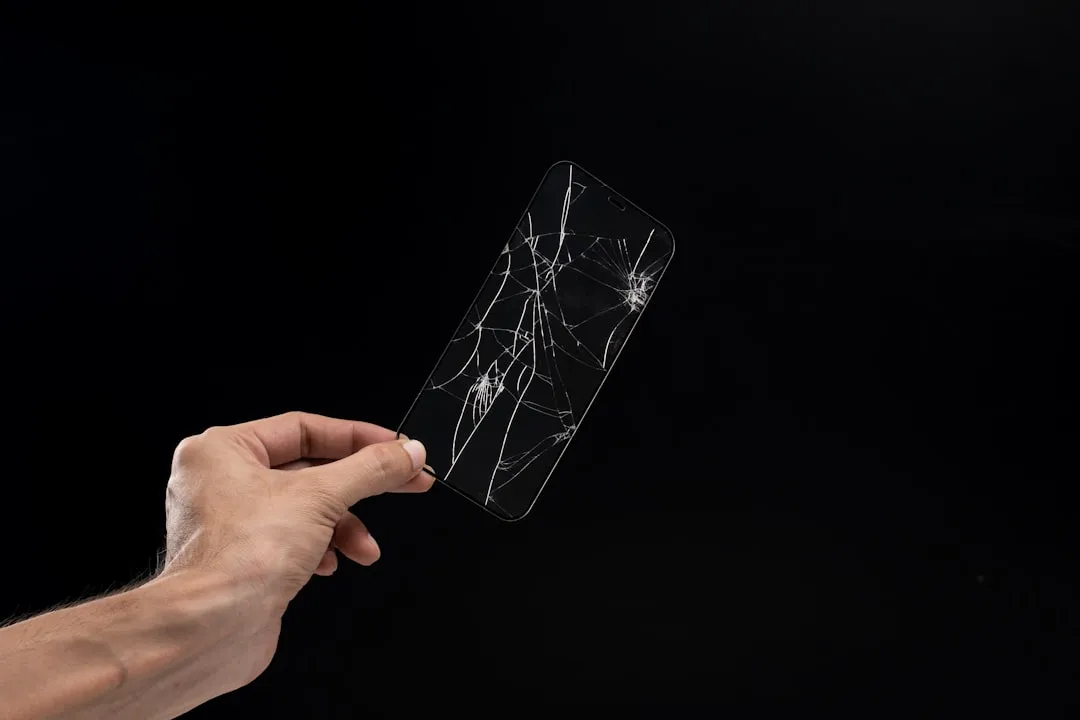

Comments
Be the first, drop a comment!